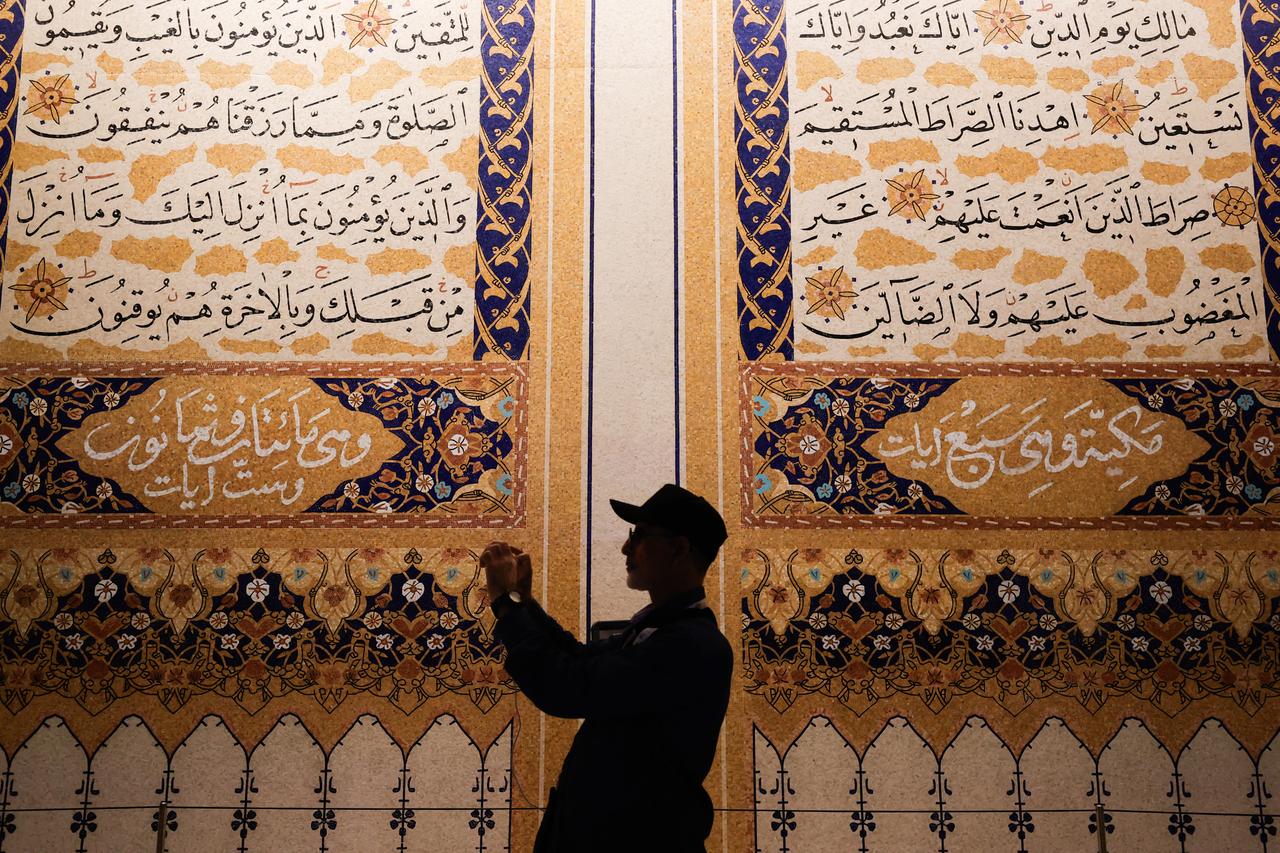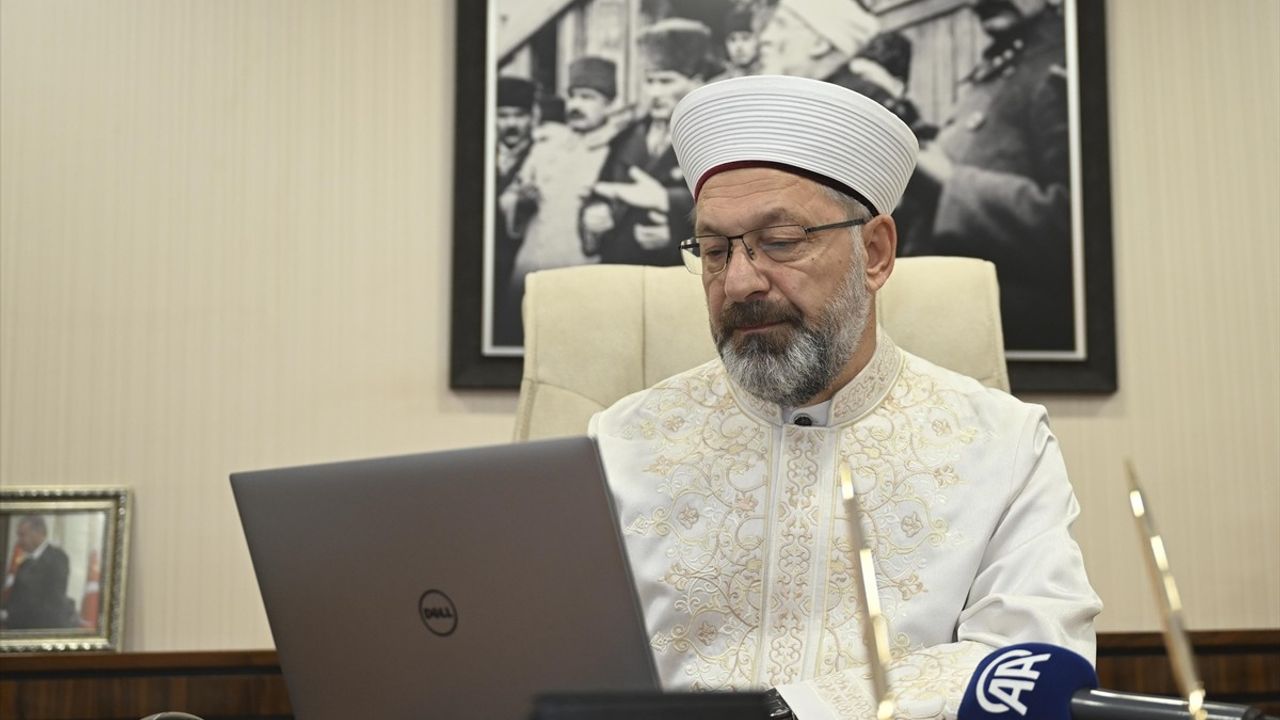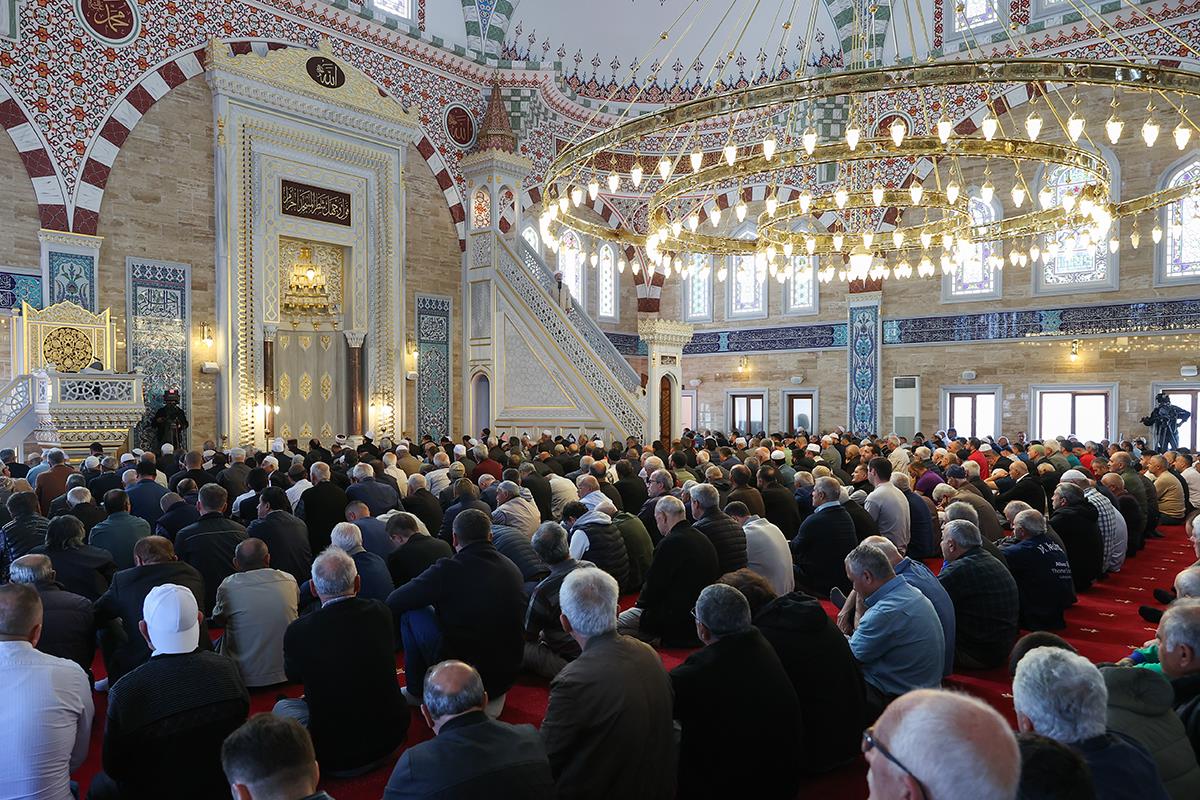
Türkiye’s Parliament has taken a significant step in altering the balance between state and religion by approving a bill that grants the Directorate of Religious Affairs (Diyanet) sweeping authority over Quran translations. The legislation was passed in the Planning and Budget Committee and introduces major revisions to the law that defines Diyanet’s institutional mandate.
The most contentious provision allows Diyanet to examine Quran translations—known as 'meals'—either on its own initiative or upon the request of public or private entities. If the content is found “objectionable” from the perspective of “Islam’s fundamental characteristics,” Diyanet can apply to judicial authorities to halt its publication and distribution.
In cases where an unfavorable ruling is issued, all previously distributed copies of the translation can be ordered for confiscation and destruction. This power not only applies to newly published works but also includes texts that were already printed and circulated prior to the review.

The bill also extends Diyanet’s reach into the digital realm. Quran translations published online may be subjected to similar scrutiny, and if found problematic, Diyanet can request the judiciary to remove the content or block access to it. This means that theological material on websites, blogs, or social media could be taken down through court orders.
While legal challenges to such actions are allowed within two weeks, appeals will not suspend the enforcement of takedown orders. Content may be removed or destroyed even as legal objections are under review, a move that critics argue undermines procedural fairness and due process.
If no appeal is filed, or if the appeal is rejected, the destruction of the materials becomes permanent. Legal experts caution that this process could lead to irreversible censorship, especially if the criteria for what is deemed “objectionable” remain vague.
Legal scholars have been quick to highlight the broad and undefined nature of the phrase “incompatibility with the fundamental characteristics of Islam.” Without a precise legal definition, the clause leaves ample room for arbitrary interpretation and enforcement by state authorities.
This ambiguity, they argue, violates essential constitutional principles such as legal certainty and foreseeability. Under Türkiye’s Constitution, these principles are fundamental to the rule of law and are meant to prevent discretionary and unpredictable governance.
Some religious scholars have also voiced concern that the regulation gives Diyanet unchecked power to determine theological correctness. Some theologians warn that this could lead to the suppression of alternative Islamic interpretations and label the move as reminiscent of an “inquisition-style” enforcement mechanism.
Rather than banning works it finds contrary to its official religious stance, policy-makers could have chosen Diyanet to publish counter-arguments and critical analyses instead.

The new legal changes follow a series of precedents in which Diyanet has already taken steps to restrict religious publications. In 2023, a Quran commentary by a Turkish theologian was banned by court order after Diyanet’s legal department flagged it as objectionable.
More recently, this week, a publishing house applying for a barcode for a previously printed Quran translation was denied approval unless the text was submitted for review. This occurred even before the proposed legal changes were enacted, indicating how Diyanet had already begun operating under an expanded interpretation of its authority.
These examples demonstrate a trend toward increasing arbitrary control over religious scholarship and content. The formalization of these powers through law now risks transforming Diyanet into a gatekeeper for what may or may not be considered acceptable religious material.
Observers warn that the law may empower Diyanet to impose a singular, state-sanctioned interpretation of Islam. This centralization of religious authority could threaten theological diversity and restrict the ability of independent scholars to contribute to public discourse.
Civil society actors point out that the law could be used to target religious groups or viewpoints that are not aligned with the prevailing political ideology. The potential for selective enforcement raises concerns about ideological censorship masquerading as religious protection.
By linking religious orthodoxy to state enforcement, Türkiye risks normalizing a model in which alternative interpretations are not only marginalized but actively criminalized. This would mark a serious departure from the country’s historically more pluralistic approach to religion.

For decades, Türkiye stood apart from many Muslim-majority countries by allowing a relatively wide spectrum of Islamic thought. This openness made the country a hub for theologians and thinkers who sought refuge from censorship in their own countries.
In contrast, countries like Saudi Arabia and Iran enforce rigid control over religious texts, including Quran translations. In these states, only officially sanctioned interpretations are permitted, and dissenting works are routinely banned or destroyed.
Türkiye's new approach brings it closer to these restrictive models. By eroding pluralism in religious interpretation, the country risks losing its unique position as a space for independent Islamic scholarship in the region.
The legal changes may have broader geopolitical implications. Scholars from countries with limited religious freedom have previously viewed Türkiye as a place where they can publish or teach freely. That opportunity may now disappear.
Moreover, thinkers who publish materials critical of official doctrines elsewhere may now face legal risk in Türkiye, as it could lead to an official demand for the extradition of scholars in theological disputes.
The move could also undermine Türkiye’s credibility as a moderate model and weaken its soft power in its sphere of influence, particularly in places such as Syria.
While the current focus appears to be on marginal or unorthodox interpretations, the sweeping nature of the new powers leaves the door open for future governments to redefine acceptable religious thought according to their own ideological preferences.